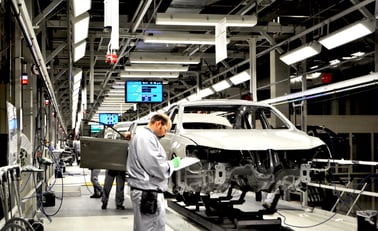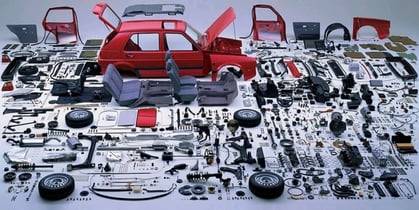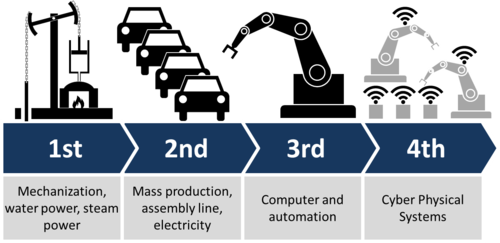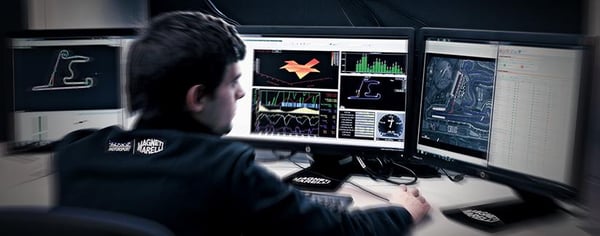When most people think artificial intelligence (AI) and automotive, they think of connected cars and the potential they have to change our world as consumers. But the opportunities for advanced data science, machine learning (ML), and AI in automotive extend far beyond the customer and will inevitably bring change throughout the industry.
R&D
According to a study by PwC, the automotive industry is still spending massive amounts on R&D despite the fact they are rarely viewed as among the world’s most innovative companies. For example, Volkswagen was a top R&D spender in 2015 at around $15 billion. Notably, Tesla Motors is consistently viewed as innovative despite investing far less on R&D than the industry’s biggest spenders.
In the future, AI will play a massive role in R&D productivity, preventing expensive R&D projects doomed for failure from being fully realized. This translates to automotive companies saving both time and money, both of which can be focused on projects with more potential as well as other ML and AI initiatives outside R&D. And what’s more, it will probably also mean more innovation — wins all around.

Data science, ML, and AI can predict which R&D projects have a high likelihood of being successful.
For example, failure rates of R&D projects to improve F1 car performance approach 90% (source: McKinsey). Data science means combining data from a multitude of sources — the projects themselves, success of previous projects that were similar, etc. — to predict which of these projects have a high likelihood of actually being successful.
Supply Chain
ML and AI bring additional opportunities to tighten supply chain logistics for the automotive industry using new sources of data and new techniques that can radically improve operations, most notably at the hyper-local level. This will happen through things like:
- Incorporating new, innovative, and often unexpected sources of data that can impact supply chain (like weather) or predict unexpected demand spikes.
- Automated product sourcing thanks to a real-time view of demand, sourcing, and sales combined with data on lead time.
- Faster order picking by using data from multiple sources (like historical picking times and warehouse layouts) to ship and fulfill orders faster.

AI brings tighter supply chain logistics to the automotive industry.
Manufacturing
Predictive maintenance is widely considered to be the obvious next step for any business with high-capital assets. By harnessing ML to control rising equipment maintenance costs, automotive enterprises can pave the way for self maintenance in manufacturing through AI. This will happen through improvements at factories where cars are being produced; Industry 4.0 is the next big thing, and the automotive industry will certainly be part of it.

Industry 4.0 is already upon us and beginning to infiltrate automotive manufacturing.
Again, this is all about combining a multitude of data sources — including from Internet of Things (IoT) sensors — to get a complete and accurate picture of machine or part life and predictions of failure. For more on predictive maintenance, download the step-by-step guide to launching a predictive maintenance project (complete with code samples and business considerations).
Telematics
Of course, the same principles of predictive maintenance and anomaly detection also apply on the consumer side, using data from a multitude of systems and IoT sensors as well as outside sources (like the weather) to do everything from predict traffic conditions to maintenance needs of the vehicle once it’s been purchased. The use cases for telematics data are wide, and they don’t just stop at maintenance and traffic — connected cars also have data science use cases that span into other industries, namely insurance.
& More
Of course, there are other more traditional areas in automotive that will also be transformed by AI, namely sales (including being able to forecast down to a more local, dealership level, which also has implications for the supply chain) and marketing.





